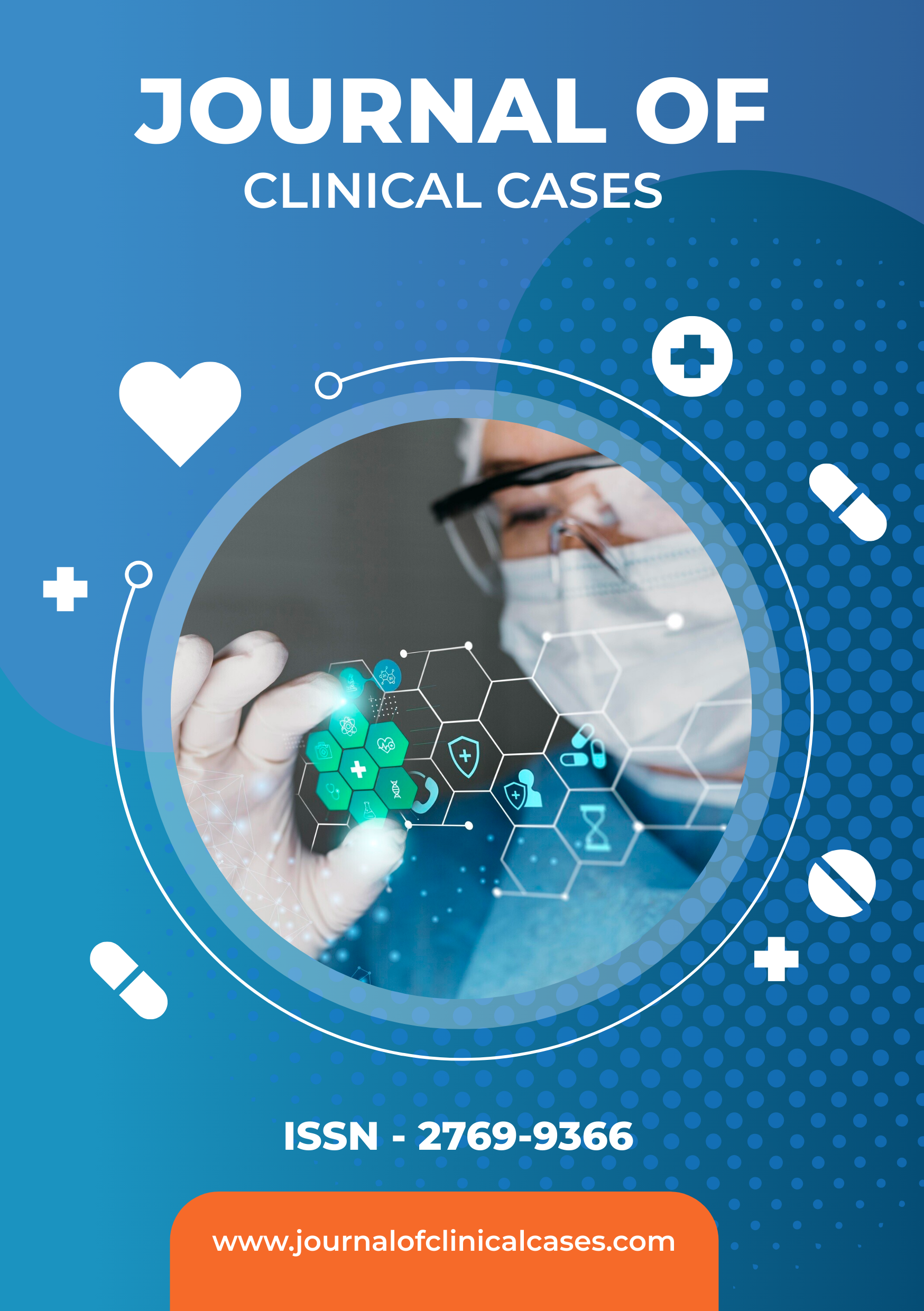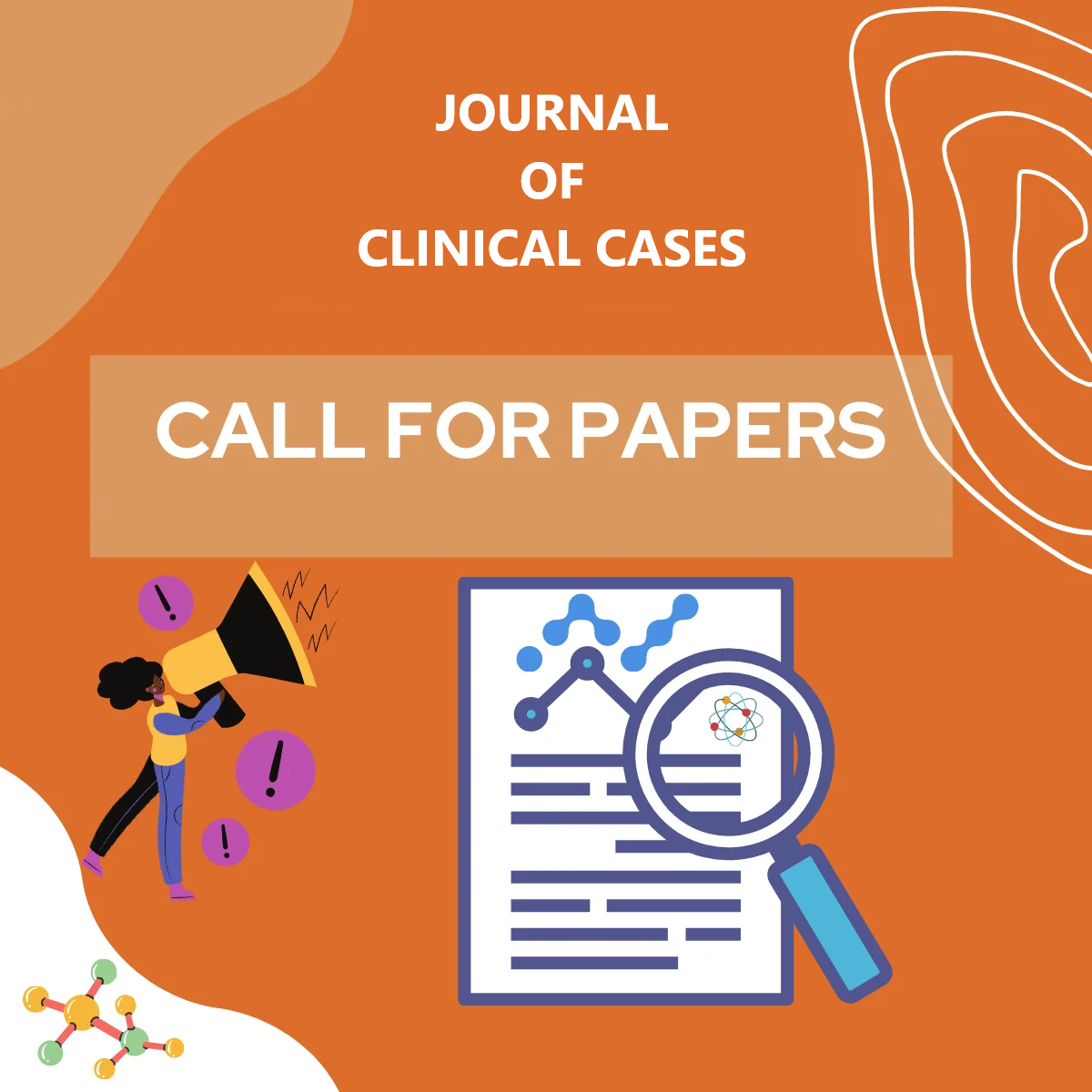Journal Citations
- Crossref
- PubMed
- Semantic Scholar
- Google Scholar
- Academia
- SCRIBD
- ISSUU
- Publons
- MENDELEY
Share This Page
Journal Page

A Three Years Retrospective Study Of Covid-19 Patients And Cases Admitted At A Tertiary Greek Hospital
Antonia Mourtzikou, Antonia K. Korre, Marilena Stamouli,Elpida Toka, Georgia Kalliora, Christina Seitopoulou, Sofia Kasidiaraki, Panagiotis Koumpouros and Maria Kimouli
Department
Laboratory of Molecular Diagnostics, GHNP “Agios Panteleimon,
Piraeus, Greece
Department of Statistics, Athens University of Economics and Business,
76 Athens, Greece
Laboratory of Biochemistry, Naval and Veterans Hospital of Athens
“NNA”, Athens, Greece
Application Specialist, NewEpiMed, Athens, Greece
Faculty of Biology, National and Kapodistrian University of Athens
“EKPA”, Greece
Emergency Department, GHNP “Agios Panteleimon, Piraeus, Greece
Laboratory of Microbiology, GHNP “Agios Panteleimon, Piraeus, Greece
Corresponding Author: Antonia Mourtzikou
Published Date: 04 January 2024; Received Date: 12 Dec 2023
Abstract
1.1 Introduction:
The novel coronavirus SARS-CoV-2 was detected in December 2019
in Wuhan, China, and rapidly spread all over the world. It causes
COVID-19 disease and WHO on 11 March 2020 declared the outbreak
as a pandemic. Health care systems, the hospitals, the trade, the national
economies, all aspects of human life and the societies globally faced an
unexpected “earthquake” due to the asynchronous threat that had to deal
with, unprepared for such situation.
1.2. Aim of the study:
The aim of our study was t to investigate the potential correlation
between RT-PCR for SARS-CoV-2 results and Rapid Test results, with
demographic characteristics, etiology for hospital admission, travel
history, vaccination and number of vaccination doses in patients that were
admitted to a tertiary care hospital and to examine a mathematical formula
that might describe the correlation of the aforementioned parameters.
1.3. Material:
The population under study consisted of 2791 male and female patients
who were admitted at the Emergency Department and the Pathology
Department of Nikea General Hospital “Agios Panteleimon”, Piraeus,
Greece.
1.4. Results:
In our study we observed statistically significant correlation of both Rapid
Test result and RT-PCR result with etiology for hospital admission, travel
history, contact with a confirmed case and hospitalization. Relying on the
descriptive statistics we observe that men were mostly affected by SARSCoV-2. Neither of the two tests (RT-PCR and Rapid Test) correlated with
patient gender or specimen type. RT-PCR positive results are slightly
greater at January 2022, December 2022 and July and August 2022.
As regards with the vaccination, only RT-PCR result is correlated with
vaccination (yes/no). It was also observed that the cycles ORF1ab and N
genes correlate with etiology of admission and pneumonia, while cycles N
gene correlate additionally and with other diseases.

